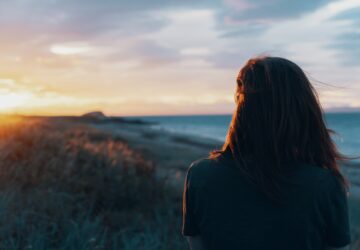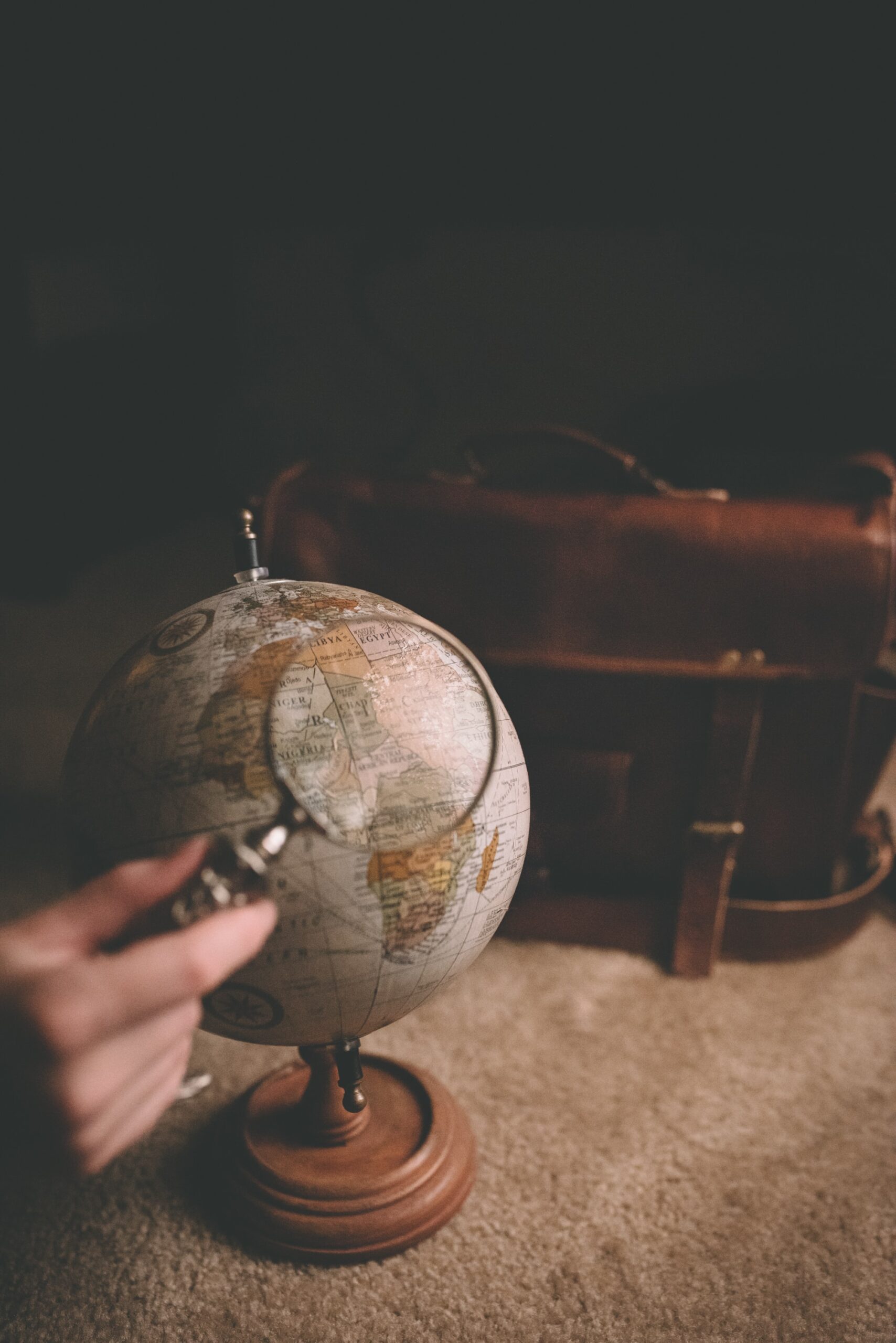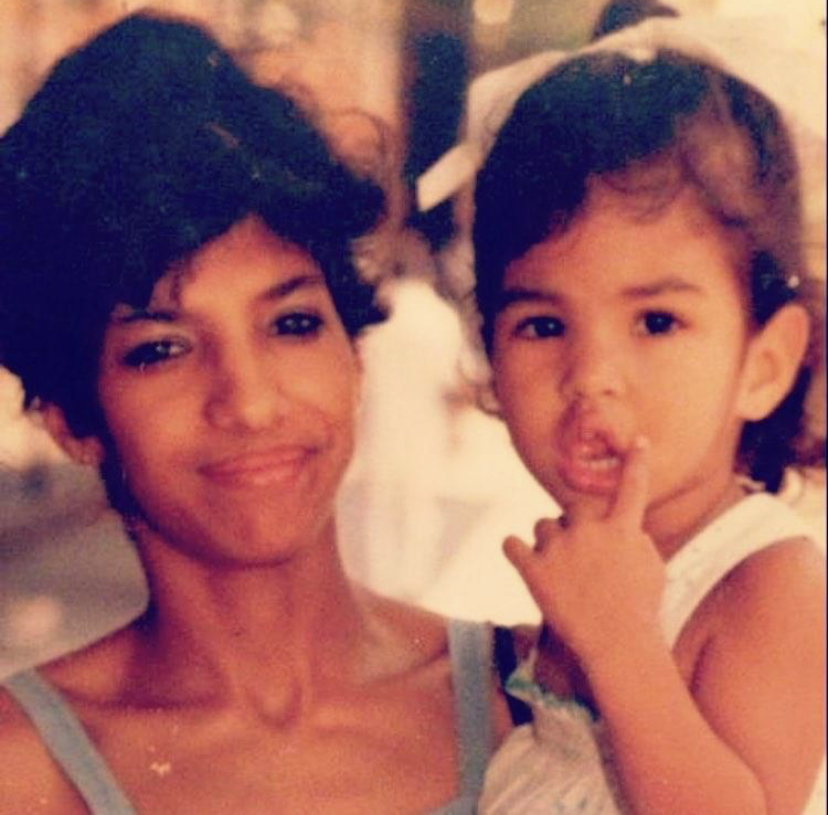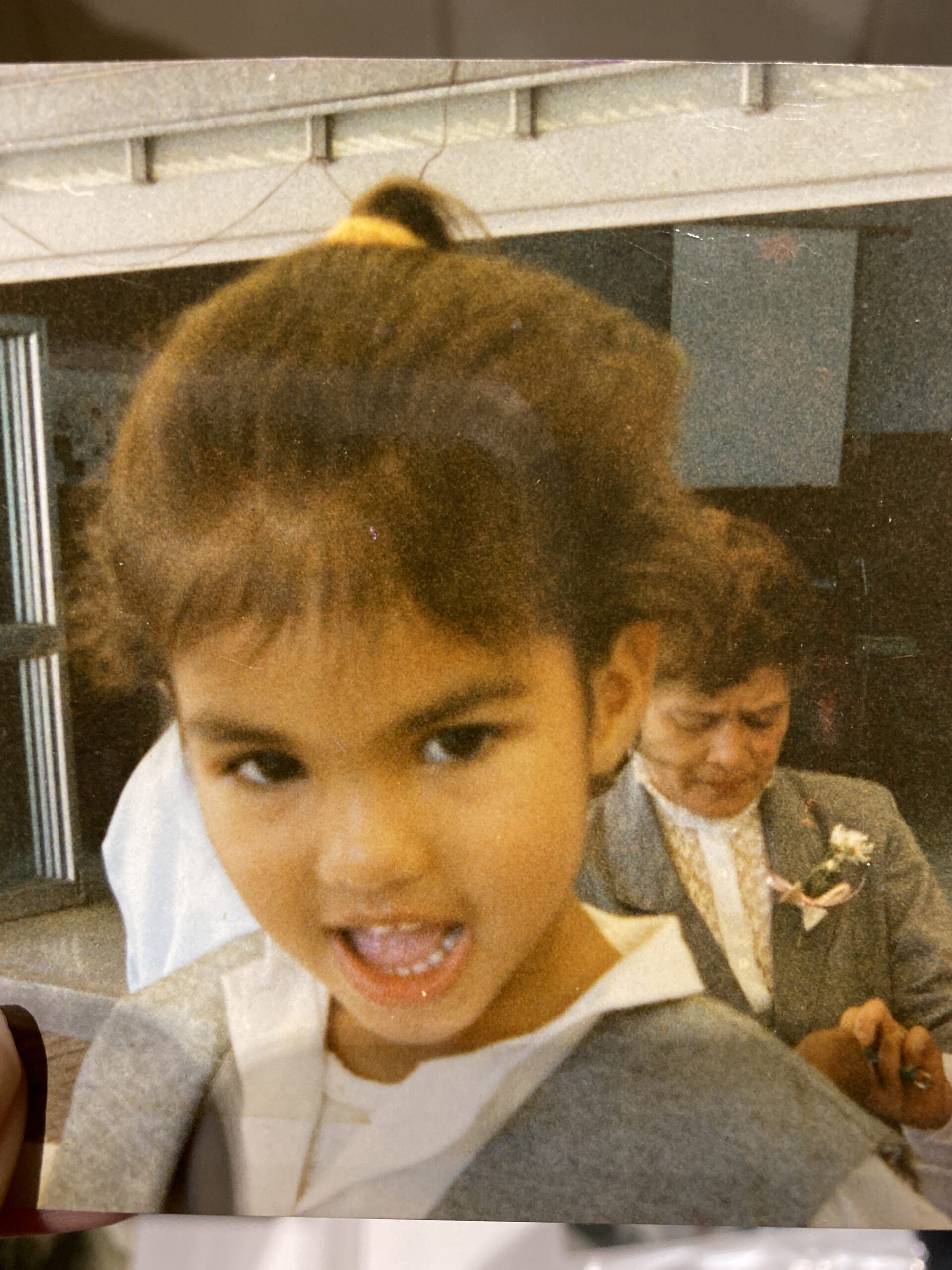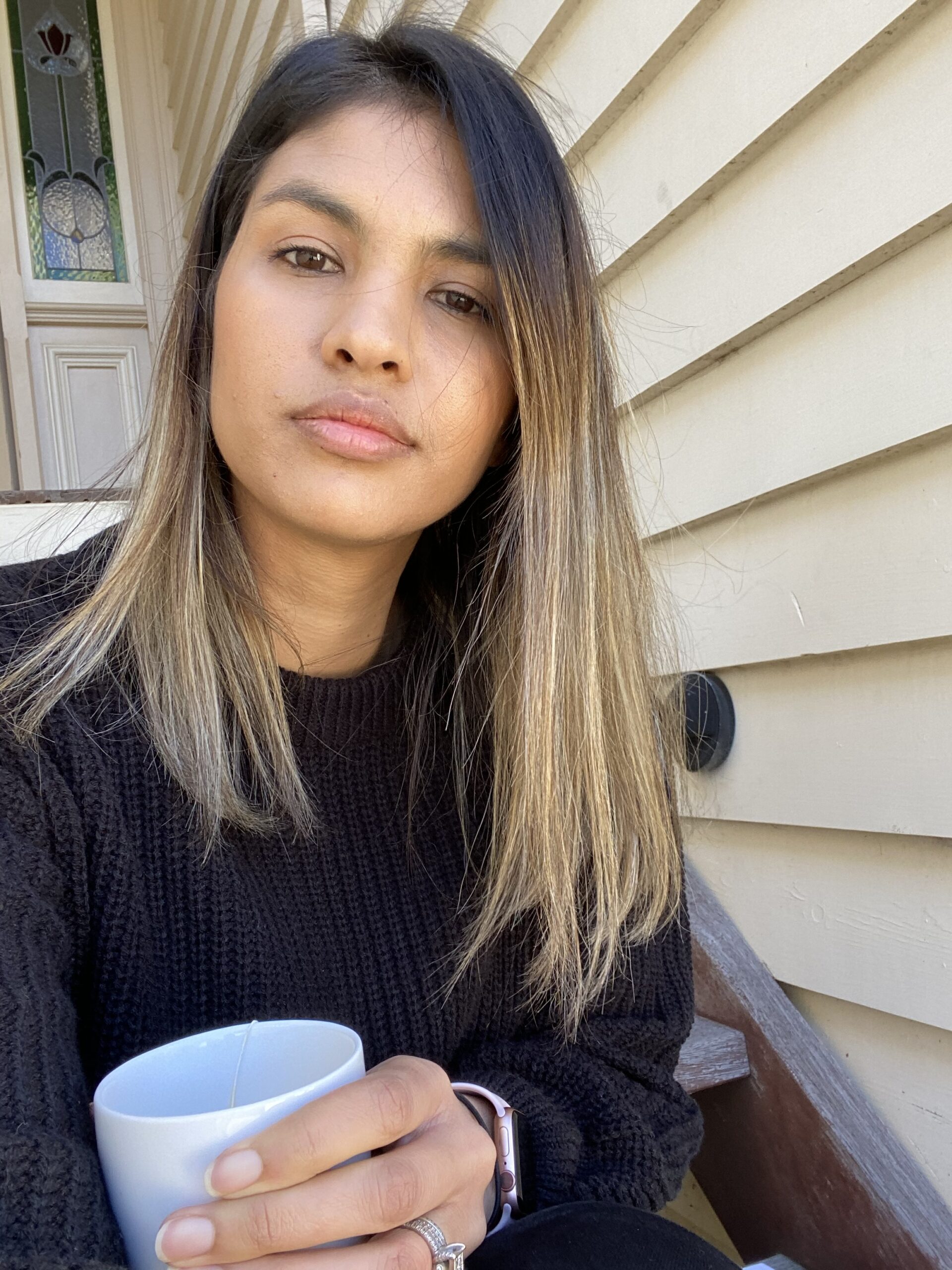Nadia’s Story – Who am I?
I come from a long line of story tellers and teachers and my grandmother was the greatest of them all. Through her example, I learned about the power of our story to shape identity, establish history and continue family legacy. Each time she shared a story with me I was reminded not just about where I came from, but how our family became who we are today.
My story begins in South Africa. A nation famous for its natural beauty, incredible wildlife, and troubled history. A nation whose past has been indelibly shaped by a system of racial segregation known as Apartheid. My grandmother was the first generation of mixed race parentage in her family. Her mother was black and her father, who was born in Italy, was white. Under the designation of Apartheid this made my grandmother coloured.
When I born in 1985, also of mixed race parentage, I too was identified as coloured.
Apartheid, which mean apartness in Afrikaans, influenced every part of our life. It was a system that discriminated based on skin colour in an effort to maintain white separate-ness and minority domination. In order to limit contact between the races, the government established separate public facilities for whites and non-whites. Non-whites were required to carry documents authorizing their presence in restricted areas. Other laws established separate educational standards, restricted each race to certain types of jobs, curtailed non-white labour unions, redistributed land, and denied non-white participation in the national government.
I grew up in a country that told me who I was, who I was going to be and most certainly, who I was not. My country told me that because I had a different skin colour that I wasn’t entitled to, nor deserved, the same opportunities, rights and freedoms as others. My country of origin gave me an identity document which included a photograph and other personal details including an identity number, the last three digits of which identified my racial designation: coloured. This label totally disregarded my very rich ancestral heritage of Italian, Indian, German, Malaysian, English and African heritage.
It told me that me, and my family were inferior.
In 1994 Nelson Mandela became president of South Africa. He was from the Xhosa tribe in the Transkei, the same tribe and place my great grandmother was from. Apartheid was abolished and a new constitution was established that gave equal representation to all South Africans. The story of our nation and our family began a new chapter but we could not pretend that the previous chapters had not happened.
I now have three passports; a South African passport, a British passport from my mother, and a New Zealand passport. One from my place of birth, one because of my ancestry, and one from New Zealand, the nation that adopted me 16 years ago. Seven years ago, my husband and I moved to Australia. We have lived in many places and now, with our tri-nation kids in tow, we are eager to put down some roots.
All of my life I have struggled to find a place where I truly felt like I belonged.
My original identity was a given in South Africa, an identity immersed in racism and difference. When I left South Africa to live overseas I felt like I began another battle for my identity. Living outside my original culture I became aware of my difference in another way. Again, I wrestled with thoughts about belonging and identity. How could I become part of a new community without betraying the culture that I had come from whilst still honouring the unique person that I know that I am.
When I had my first child I suffered severe post-natal depression as the result of a traumatic birth experience. My identity was again challenged as I worked through the pain of my journey into motherhood. This season became the time when I was compelled to face the deepest issues of identity and the layers of life experience that had shaped it. I studied the word of God like my life depended on it (which it did). I went for prayer every chance I got. My church connected me with an amazing mentor who became like a grandmother figure in my life. My mum, who is an amazing prayer warrior and woman of faith, prayed with me and for me, through every stage of the healing process. As I grew stronger, God revealed more and more of his character and identity. The more I understood that, the more I learned about my true identity.
I now have a totally transformed view of myself.
My identity now is not in my race, my job or any of the things I once used to define myself. It is not in what I wear, what I have, or who I hang out with. The only thing I know now is that I am a beloved daughter of the Most High God, and He created me with a purpose, for such a time as this. My name means hope, and I believe that every time I share God’s love and goodness, and tell of his redemption and healing, I bring hope to others. None of this makes racism any less real. This understanding does not negate the impact of the experiences that I have had, nor does it mean that we should forget all that my family endured. Nonetheless, healing comes when we give all of those things to God and lay them at the foot of the cross. The cross reminds me that my identity is most firmly established not in WHO I am, but WHOSE I am. The cross reminds me that no matter how painful our past it is possible to establish a new future.
Owning our stories is standing in our truth. It’s transformative in our personal and professional lives AND it’s also critical in our community lives. But we don’t think about history as our collective story.
Until we find a way to own our collective stories around racism in this
country, our history and the stories of pain will own us…
We will not get away from the violence and heartbreak. Fear and scarcity
will continue to run roughshod over our country.
Yes, we need to own a million heart breaking stories of discrimination and
prejudice, and make millions of changes, and hold space for a million tough
conversations.
But, if each one of us owns one story and makes one change
and has one honest conversation where we listen more than defend or offer
false comfort – we can do this.
There is a way to write a brave new ending
to one of the most painful stories in our history. What remains to be seen is
if we have the will and courage.
I believe we do.
Brene Brown

